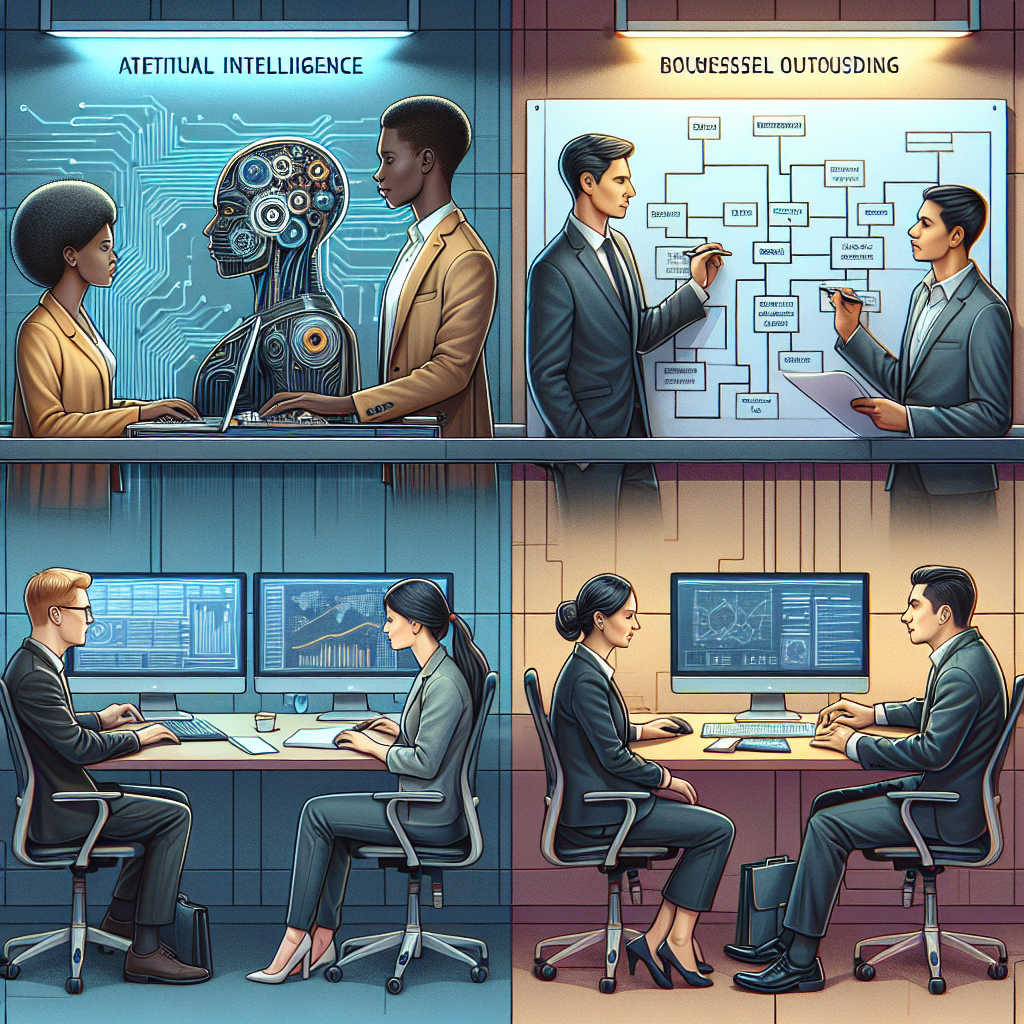AI Revolutionizes Industries, But Concerns About Job Displacement and Liability Linger

Artificial intelligence (AI) has transformed from a passing trend into an indispensable asset across various sectors, significantly boosting productivity and revenue. However, concerns about its impact on employment and intellectual property rights persist.
Wipro's CIO Anup Purohit notes that the key to creating business value lies in leveraging AI for customer engagement and employee development, as well as optimizing operational efficiencies and exploring new revenue streams. The banking and healthcare sectors are increasingly adopting AI to augment efficiency and enhance customer experience.
The global AI market is projected to skyrocket by more than 100% by 2028, with the current valuation of approximately USD 235 billion, according to Tech Mahindra COO Atul Soneja. Moreover, combining AI with cloud computing has enabled rapid innovation, allowing businesses to swiftly adapt to changing market dynamics amid a growing demand for skilled professionals.
As organizations continue to integrate AI into their operations, questions surrounding job displacement, data protection, and liability will only grow more pressing. Experts warn that addressing these concerns is crucial to realizing the full potential of AI while ensuring its benefits are shared equitably among stakeholders.
(With inputs from agencies.)
